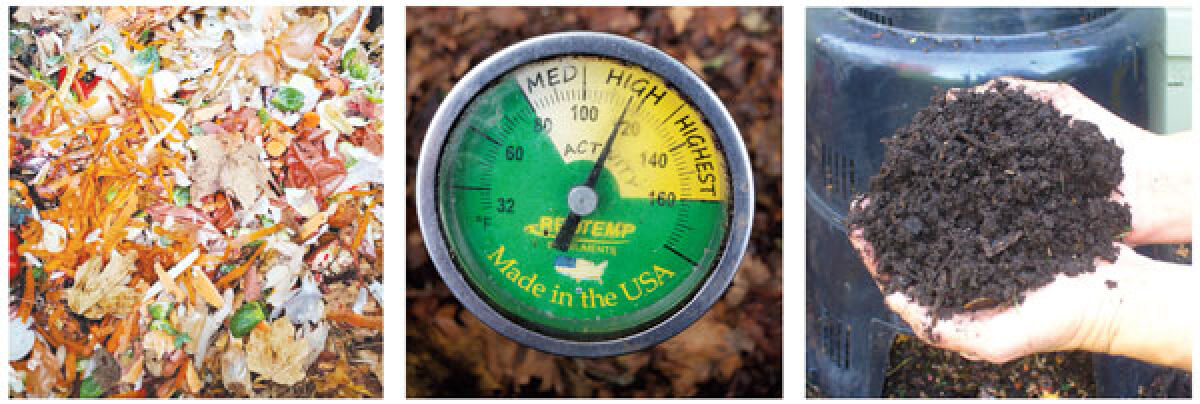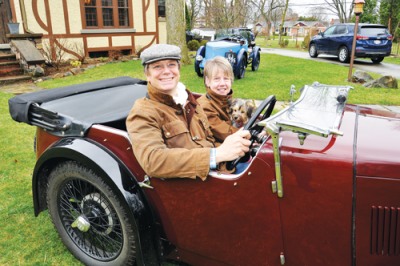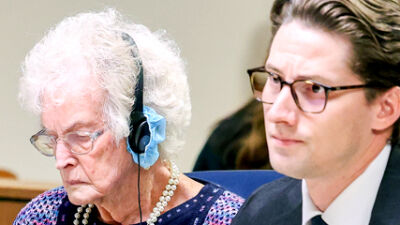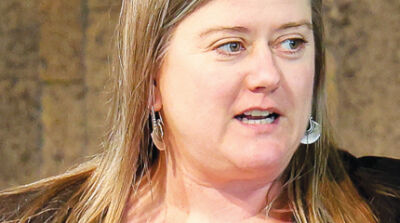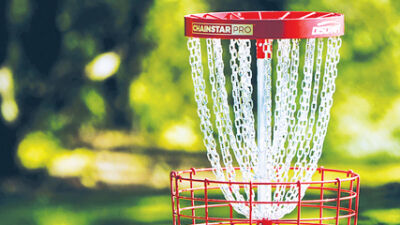OAKLAND COUNTY — Since 1995, Michigan law has prohibited the disposal of yard material in landfills. As of 2023, Michigan is one of 17 states with this law. The Resource Recovery and Recycling Authority of Southwest Oakland County reports that residents produce 80,000 tons of waste yearly, around 30% of that waste being compostable. According to RRRASOC, composting is “nature’s way of recycling nutrients.”
The basic formula for composting includes layering the following organic materials: 50% brown material for carbon, which can consist of dried leaves or straw; 25% green material for nitrogen, which can include fresh grass clippings, green leaves, weeds without seeds, fruit or vegetable peels and coffee grounds; and 25% soil or compost and water to provide moisture.
RRRASOC suggests assembling a compost pile by layering it like a lasagna until it’s around 3 to 4 inches high. While it is possible to do open compost, there are compost bins people can purchase at landscaping stores to keep everything contained.
Amy Freeman, a compost specialist at Organics Maven, explained that the 1990s was when composting started to gain popularity.
“There was a big push for home composting, and it was more focused on diverting from landfills. Michigan has a ban on all yard trimmings going to the landfill, which is important because it also provides carbon-rich material for composting. So, keeping that material out of the landfill by virtue of a ban is critical. It provides incentive.”
For Freeman, who describes herself as an “avid composter,” the incentive is the process.
“Composting brings me joy because it’s just such an amazing process. What we don’t see with our eyes is that microbial activity that’s happening beneath our feet and within our compost piles.” Freeman also notes that composting isn’t as intimidating as it may seem. Between gathering her food scraps and mixing the compost to provide air, it only takes roughly 10 minutes a week to maintain her compost. Freeman seasonally harvests her humus, the rich soil amendment the microorganisms create from the decomposing materials.
Michael Csapo, the general manager of RRRASOC, stated that while RRRASOC doesn’t have any composting facilities, they facilitate the solid waste, recycling and composting programs from their nine member communities that stretch from Southfield to South Lyon. RRRASOC has two recycling drop-off facilities, located in Novi and Southfield. After the compost materials have been collected, they are taken to one of the composting facilities. Once the compost materials have broken down and turned into a soil amendment, the facility may sell that material to landscapers, thus keeping the materials out of the landfill and turning them into something that will further benefit the environment.
“Presently, there aren’t that many robust programs for collecting kitchen scraps and organics for something other than disposal, but there is growing awareness of that,” Csapo said. “And then, we are seeing increased interest both at the state level and the local level in exploring opportunities to have the curbside collection of kitchen scraps match the yard waste collection and to divert those organic materials into better value added at processing rather than putting them into the landfill. We’ll see continued exploration; a lot of it requires new regulations that will flow from updates to the state law that just passed the end of 2022.” The law Csapo is referring to is an eight-bill package Gov. Gretchen Whitmer signed to overhaul the state’s solid waste plan to focus on recycling initiatives.
A common misconception surrounding composting is the smell.
According to Freeman, if your compost is producing a scent, then it is unbalanced. To rebalance compost, determine if it’s too wet or too dry. This can be done by performing a squeeze test. If it is determined that your compost is too moist, then Freeman suggests adding more carbon material and aerating the pile. Freeman also suggests adding more carbon material if you have too much nitrogen (food scraps) and then aerating the pile. Another misconception that might deter one from composting is the fear of vermin getting into their compost. However, a healthy compost will not attract unwanted critters.
Freeman emphasizes the significance of composting, stating, “We’ve been disconnected from our discards, so it’s important for us to be connected to what we’re tossing away. The other thing is that we’re disconnected from each other, and we’re disconnected from the earth, of course, and bringing about that connection, again, is so critical. Because how are we going to change it if we aren’t connected to it?”
To find out more information on composting, visit rrrasoc.org/yard-waste/composting.
 Publication select ▼
Publication select ▼